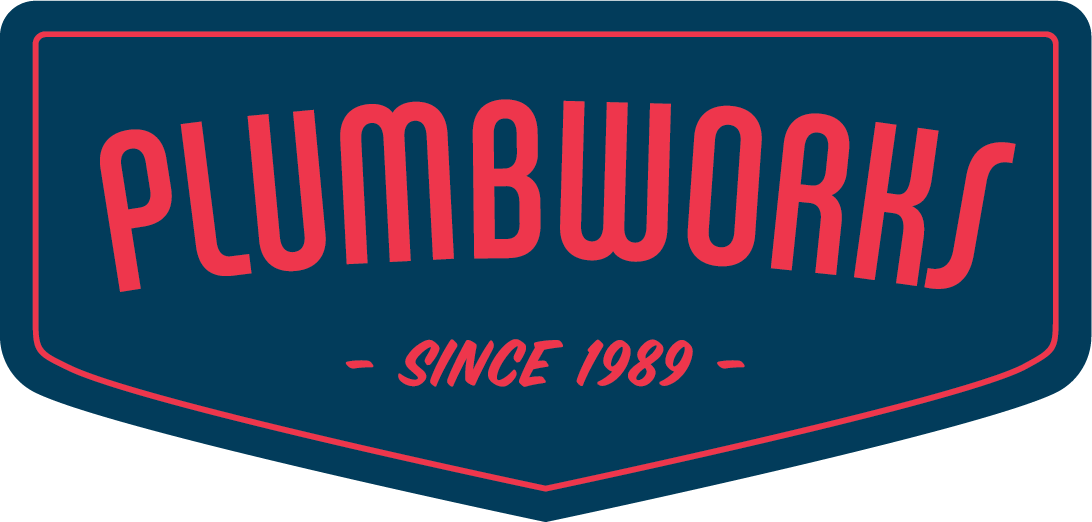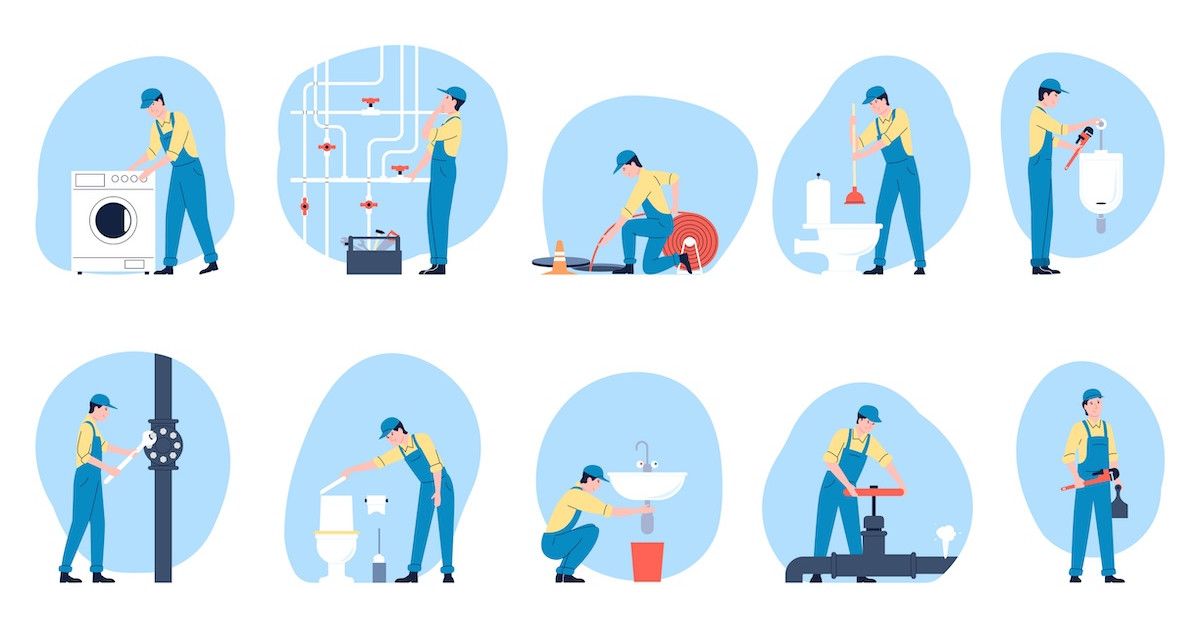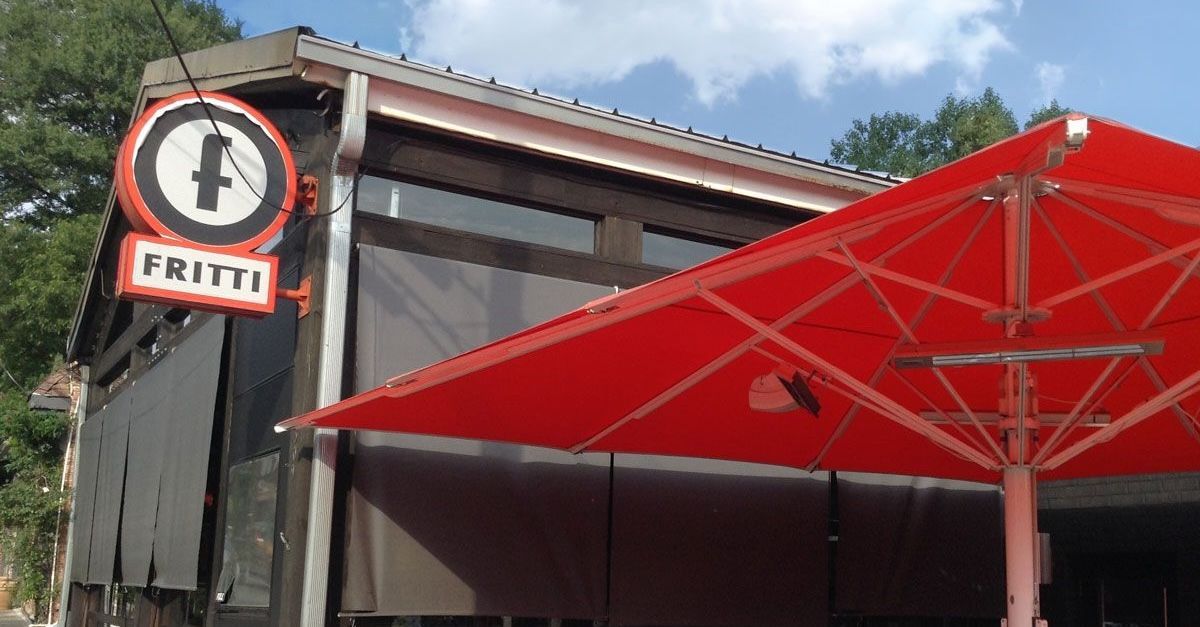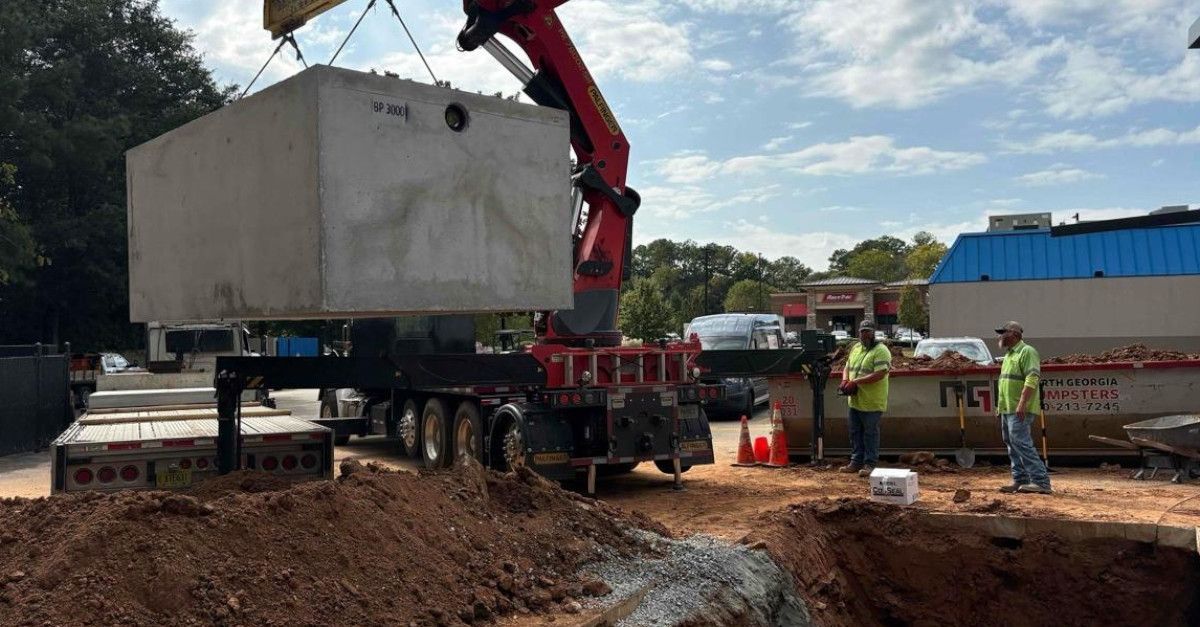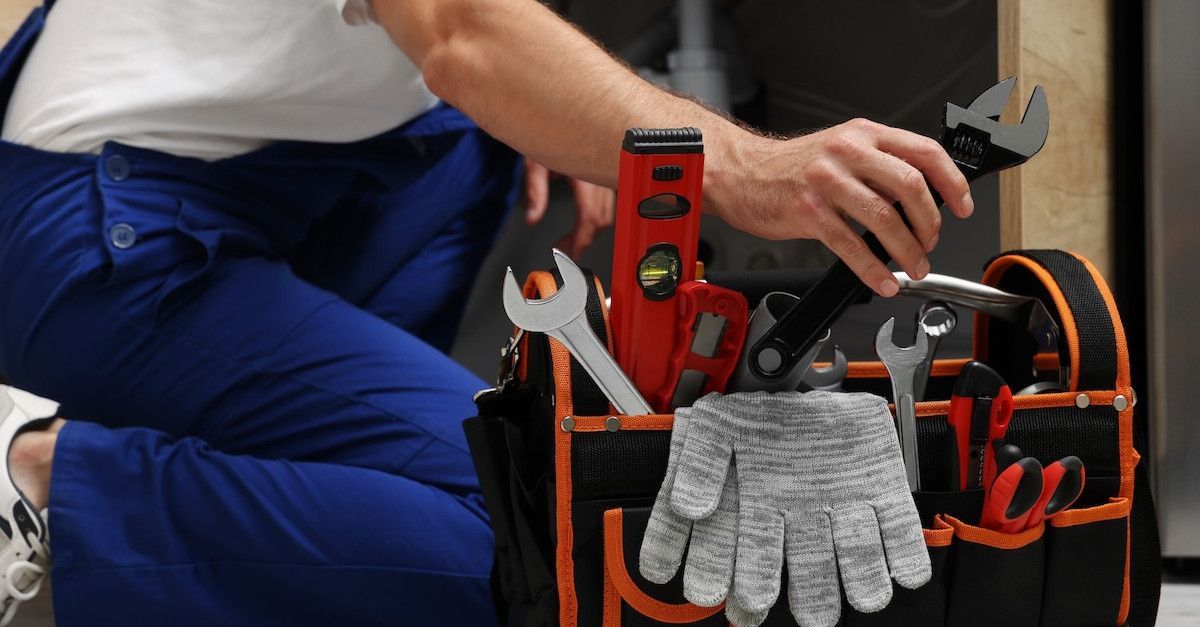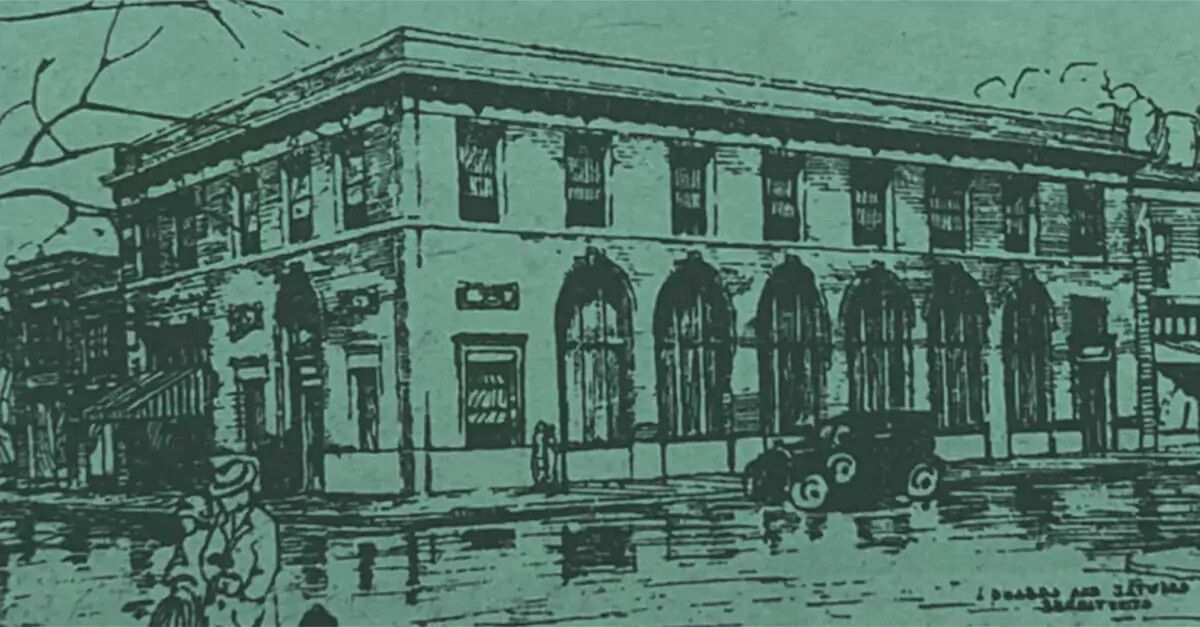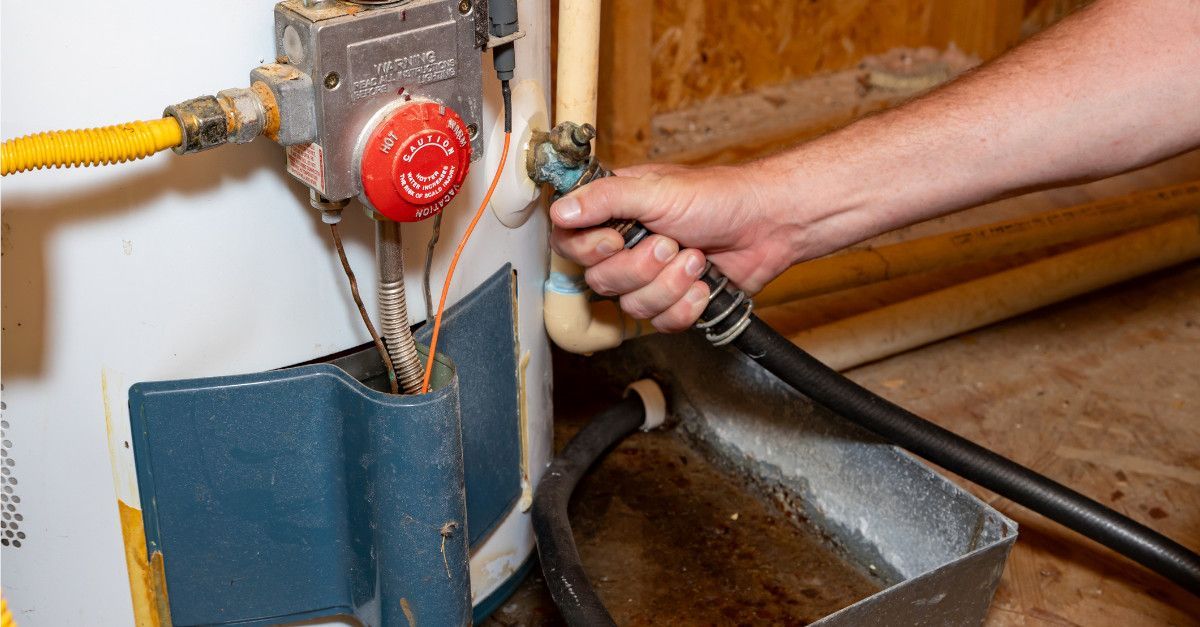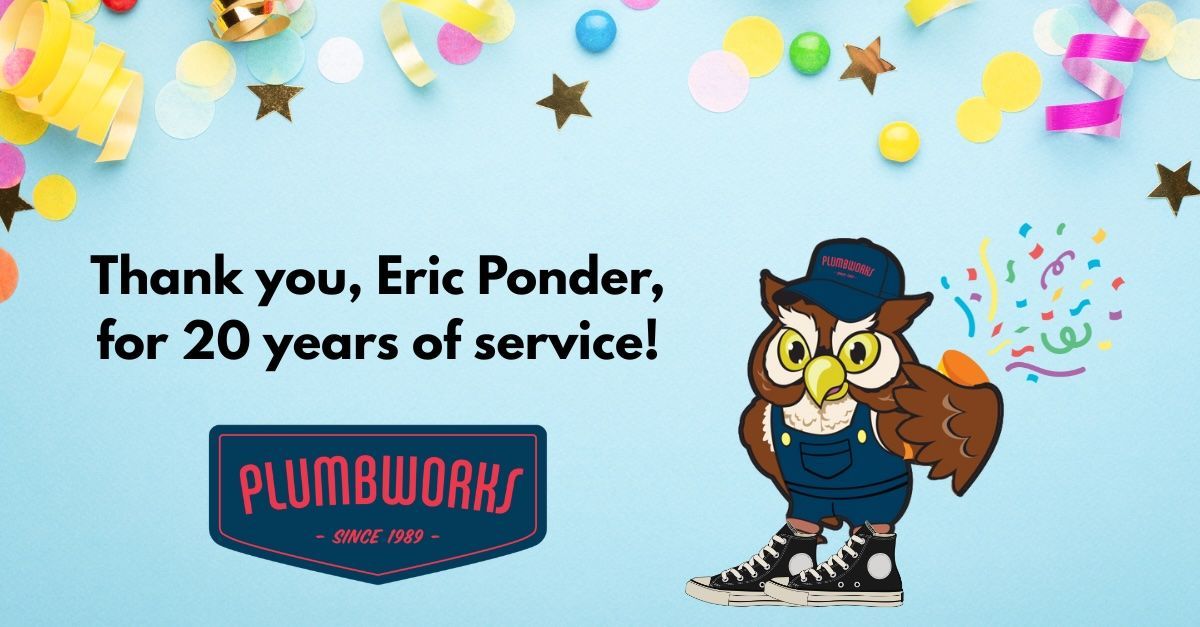Plumbing in the New Decade
debbie • January 17, 2020
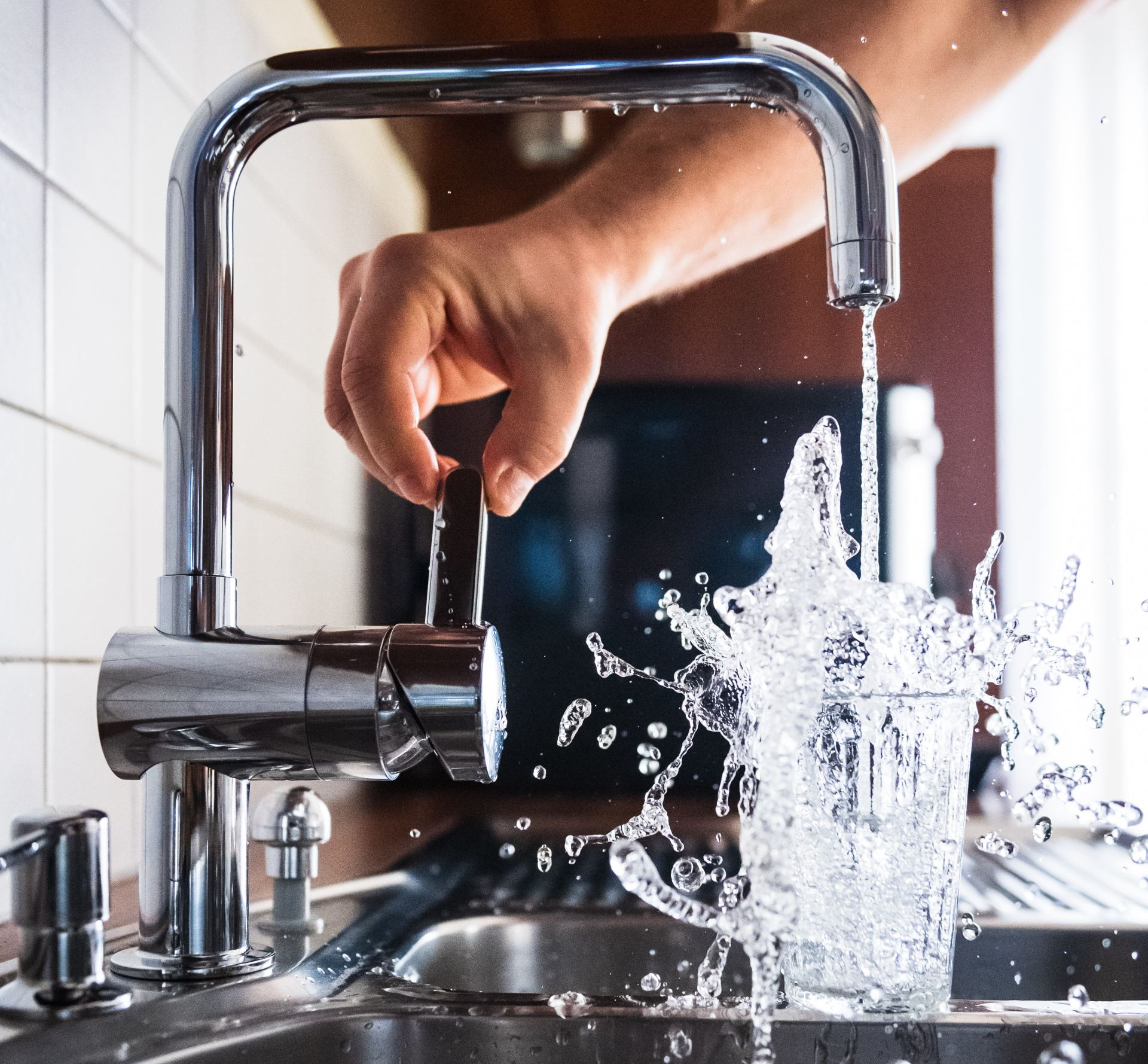
The fundamentals of plumbing always remain the same: to safely dispose of used water and waste in the most efficient and hygienic way possible. There’s no way that it can change too much over the years, right? Wrong. Technology is changing how we plumb, and Plumb Works Inc. is excited to be an Atlanta commercial plumber
that stays on the cutting edge. We offer new, efficient plumbing products that not only improve your plumbing system, but save you money as well.
We’re at the start of a brand new decade, so it’s time to take a look at how plumbing has changed as we get into it.
More Efficient Systems Than Ever
Solar water heating systems are becoming increasingly common, especially in places that see plenty of sun. These installations take in the sun’s light, converting it to energy with photovoltaic cells, which is then used to provide direct heating to water, so that businesses don’t have to use as much fossil fuels.
It’s not just energy efficiency; more and more people are paying attention to how they use their water, too. Energy efficient installations such as a tankless water heater in Atlanta, or even water-saving faucets, and low flow toilets can all ensure that you waste less water in the office. Not only are these measures more efficient, but they can help manage the overheads of the office, too.
Plumbing’s Getting Smarter
Perhaps the biggest and most exciting change of all is the implementation of plumbing as part of the smart home. Of course, the smart “home” doesn’t always have to be in the home. More modern offices are starting to use devices and appliances that can wirelessly communicate with each other, making their operation all the more efficient and convenient.
For instance, smart pipes can be fitted with the ability to detect a wide range of issues with your pipes. They can detect leaks and filtration issues, ensuring that you’re able to fix any problems before they become too costly. Another feature of smart plumbing is the installation of LED temperature monitors, which can make sure water is kept at a safe temperature, avoiding accidental burns in the office.
Smart toilets have arrived, too!
Smart plumbing can make systems more safe and efficient and help you ensure proactive maintenance. However, in the case of smart toilets, they can also be used to improve the standard and comfort of your company bathrooms.
Some features that can be connected to smart toilets
include adjustable water temperature, spray and pressure levels, warm-water cleaning, automatic flush, and foot-warming devices. Furthermore, smart toilets can be operated by voice command, meaning less need to use your hands in the bathroom, making for a more hygienic experience.
Plumb Works Inc. Is Excited to Explore The Future of Plumbing
The innovation of plumbing and company bathrooms isn’t going to stop with 2020, and Plumb Works inc. will always be here to help our commercial clients fit the latest and greatest in modern plumbing technology. If you want to know more about how we can help you and what installations we can make for you, don’t hesitate to get in touch. 404-524-1825
Frequently Asked Questions about Plumb Works Inc.
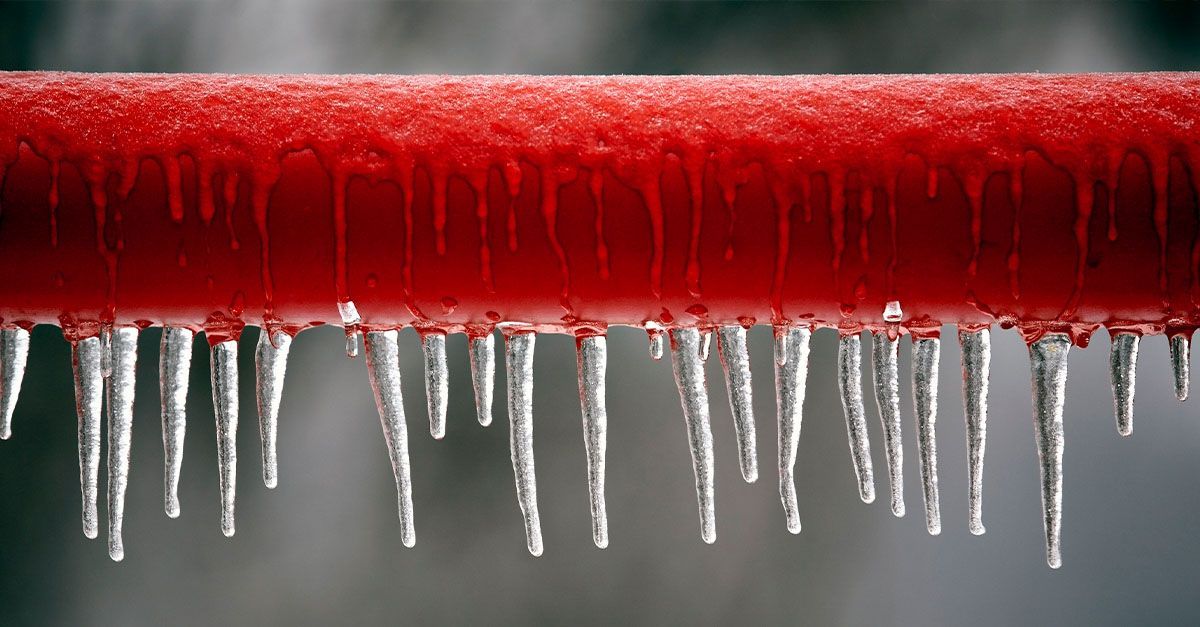
Nothing puts the cold chill on the festive holiday season like a frozen or burst pipe. Frozen pipes are bad enough, but when they burst, the problem worsens and can easily lead to flood damage requiring costly repairs. This all-too-common occurrence affects an estimated 250,000 homes in America each year. And Georgia may be a hot bed for frozen pipes. According to a State Farm report released in 2023, Georgia topped the list of frozen pipe-related losses at $100 million (from August 2002-August 2023.) Plumb Works remains your go-to source for frozen or burst pipe calls in our service area. However, there are some simple tips you can apply to protect pipes in cold weather and help avoid a house call. Before the thermometer dips below freezing – that’s 32 degrees Fahrenheit – do the following:

The arrival of football season often inspires many to create a backyard retreat custom made for game day celebration. Sure, our imaginations can run wild when it comes to adding an outdoor kitchen or gas lines for that dream fire pit or grill. However, before kicking off the big play, the experts at Plumb Works are here to remind you of some key elements.
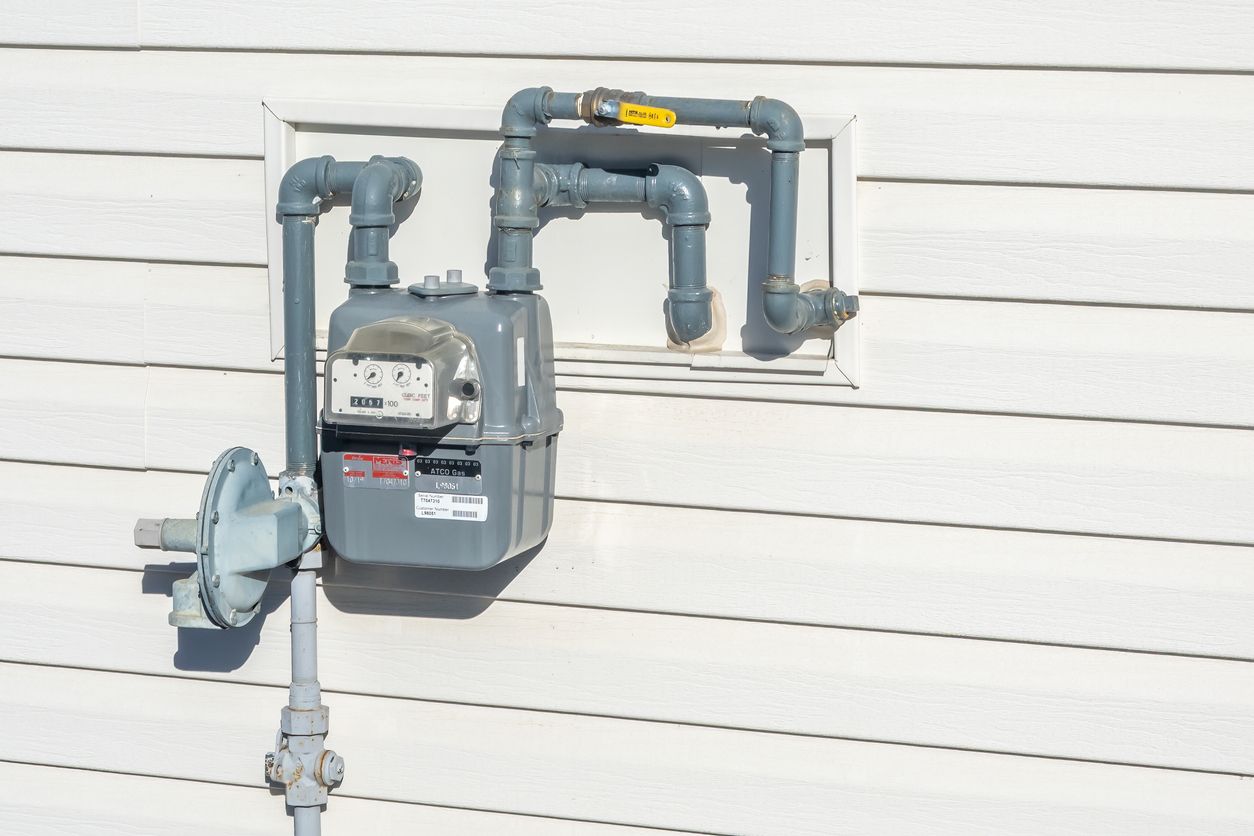
If your home is 30, 40, or even 50 years old, there’s a good chance your gas piping system hasn’t been updated since it was installed. Unfortunately, aging gas pipes can put your home and family at serious risk. Gas lines naturally degrade over time, and older materials are much more likely to develop leaks, corrosion, or even sudden failures. In metro Atlanta, soil conditions and humid weather can speed up deterioration, making it even more important to have your system inspected if your home is decades old. At Plumb Works, we’ve seen firsthand the dangers of outdated gas lines in Atlanta-area homes. Here’s why you shouldn’t wait to have yours evaluated. Why Old Gas Pipes Are a Serious Hazard Gas lines may last for decades, but they don’t last forever. Many Atlanta homes built between 1975-1995 used black iron or galvanized steel gas piping. These older materials are prone to: Corrosion and rust: Atlanta’s humid summers and occasional flooding can accelerate corrosion, especially in crawl spaces or underground lines. Loose connections: Changes in temperature between the hot southern summers and colder winters can weaken threaded connections, leading to leaks. Outdated materials: Galvanized steel pipes used in the past can flake apart internally, causing dangerous blockages. Lack of protective coating: Modern gas lines are coated with fusion-bonded epoxie (FBEs) to resist corrosion, but older pipes generally don’t have that protection. Even small leaks are dangerous because there is no safe level of exposure to natural gas. Natural gas is highly flammable, and any exposure can also lead to serious health issues, including headaches, dizziness, nausea, or even suffocation at high levels. Warning Signs Your Gas Piping Needs Repair or Replacement Because most gas piping runs behind walls or underground, spotting problems isn’t always easy. Here are a few red flags to watch for: A rotten egg smell (the odorant added to natural gas) Hissing or whistling sounds near gas appliances or lines Dead patches of grass above buried gas lines Visible rust or corrosion on any exposed pipes A sudden or unexplained increase in your gas bill If you notice any of these, call a licensed plumber right away. Gas leaks are an emergency and should NEVER be handled as a DIY repair. What Atlanta Homeowners Should Do If Your Gas Piping Is 30-50 Years Old If your home’s gas lines are decades old, schedule a professional inspection even if you haven’t noticed issues. Licensed plumbers in Atlanta, like Plumb Works, can evaluate your system, locate leaks, and determine if repairs or a full replacement are necessary. Modern gas piping materials like CSST (corrugated stainless steel tubing) or polyethylene piping last longer, resist corrosion, and are more flexible for installations around Georgia’s clay-heavy soil. Upgrading your system will not only make your home safer but also more efficient. Don’t Wait Until It’s Too Late Delaying repairs or replacement of old gas pipes can have devastating consequences, including fires, explosions, or carbon monoxide exposure. Addressing the problem now can keep your family safe while protecting your property (and your wallet) from major damage. It’s also crucial to bring your home up to Georgia’s current safety codes. Call Atlanta’s Trusted Gas Line Repair Experts If your Atlanta home was built from 1975-1995 and you’ve never had the gas piping inspected, now is the time. Plumb Works, Inc. specializes in Atlanta gas line repair and gas line replacement . We understand the unique challenges of Georgia’s climate and soil conditions and follow all City of Atlanta and Georgia state codes for gas line safety. Don’t wait until a small leak turns into a dangerous emergency. Call us today or schedule an appointment online using our self-scheduler. Our licensed plumbers will perform a thorough inspection and give you peace of mind knowing your home’s gas piping is safe.

